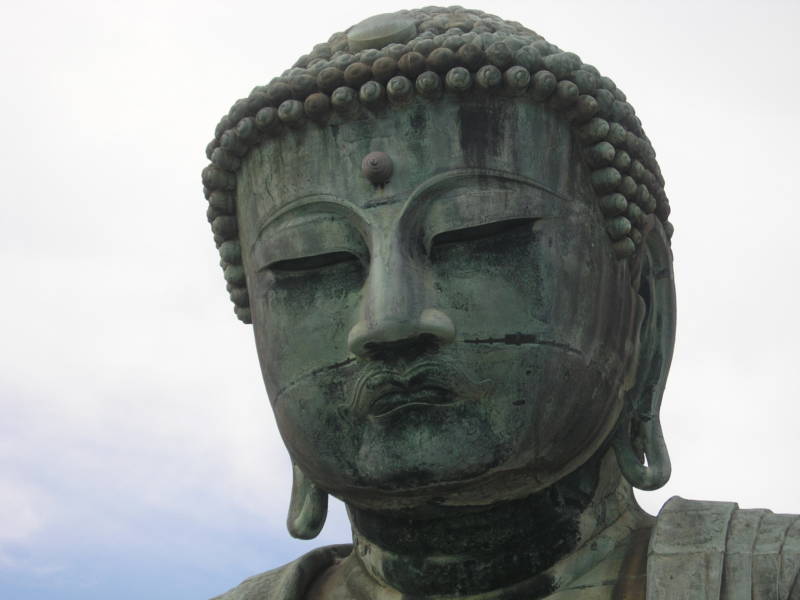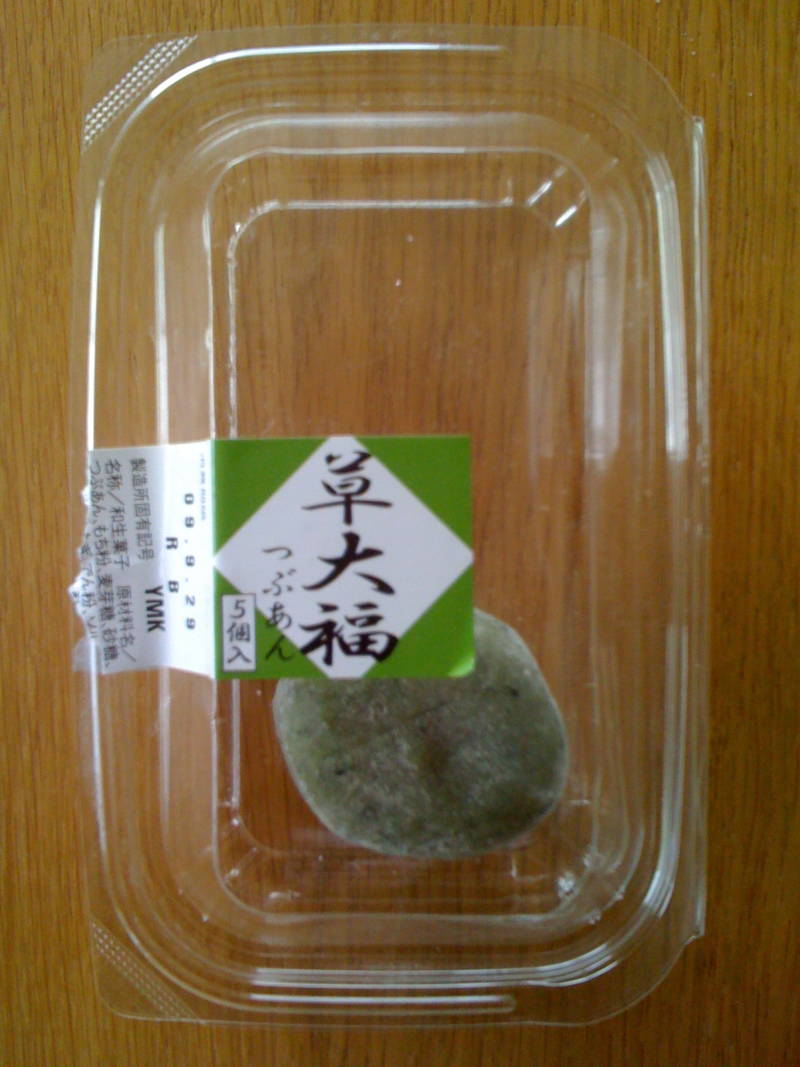Follow Rob’s quest for understanding of Japan’s energy efficiency on this interactive map.
While reporting my series on Japan’s energy efficiency, I’ve come across a list of explanations from economists, government officials, industry insiders, and Japan experts about how Japan became the most energy-efficient country in the world (measured by greenhouse gas emissions per unit of GDP). Most of the reasons revolve around Japan’s lack of fossil fuels; a market-based supply-and-demand answer.
A few weeks ago, when I met with Ikutoshi Matsumura, he gave me the same answer. I let him finish, and then pushed harder: “But Matsumura-san, there are many countries, like Japan, that are equally resource-poor, and they are very poor and struggling. Why is Japan different?” Matsumura, an executive at Nippon Oil, Japan’s largest oil company, started chuckling [Ed: Matsumura also appears in Part 2 of Rob’s radio series as head of Japan’s Fuel Cell Association. He’s that, too]. He admitted that he, too, had thought this over during his lifetime, and that the conclusion he always reached was that there were more than market forces at work here. The deeper reason was cultural.

“Japanese culture has always emphasized education and hard work,” he told me. “The reason we succeed is because of our human resources, not our lack of natural resources.”

Mottainai is a term in Japanese that roughly translates to “What a waste.” The concept is an ancient one based on Buddhist philosophy. The meaning of Mottainai is that one should never waste anything. Buddhists traditionally used the term to show regret for wasting something sacred, such as religious lessons. In modern colloquial Japanese, Mottainai is often heard. If a child doesn’t finish his rice, his parents will spit out “Mottainai!” If you forget to put the newspaper in the recycling bin, a neighbor will see this and whisper “Mottainai” under her breath. You get the idea.
In 2005, Nobel Peace Prize winner Wangari Maathai visited Kyoto from her native Kenya, and learned about the word. A world-famous environmentalist, Maathai quickly applied the word to climate change. She’s reportedly used the word on her lecture tours, and while addressing the U.N. Commission on the Status of Women, she led the audience in a ‘Mottainai’ chant. Maathai’s publicizing of Mottainai prompted the Japanese government and non-profits to start using the word as a call to protect the environment, too.
“Things like this often happen in Japan,” says Japanese Sociologist Yuko Kawanishi, ” Although we are the world’s second largest economy, there is something in the Japanese mind that unless something is recognized and valued by non-Japanese, there will not come the realization that ‘Oh, we have such a wonderful thing.'”
I spoke to Kawanishi about Mottainai prior to my trip in August. She’s finishing up as a visiting scholar in New York. I asked her if the concept has helped Japan become so energy efficient. “It might have helped us to exercise the spirit more easily,” she told me, but she added other important cultural traits. “It’s something about Japanese people’s collective social psychology….the Japanese people follow instructions easily. There’s also a lot of peer pressure, sort of watching each other. And also there’s this disposition among Japanese to be meticulous and thorough to whatever task is assigned to them, so if the task is to save as much energy as possible, they’re more likely to really put a lot of effort toward it, and they’ll watch each other to make sure the others are doing it as thoroughly as they are.”
Kawanishi added that this dynamic combination of internal values is not comfortable for the Japanese, but when applied to protecting the environment, it works.
